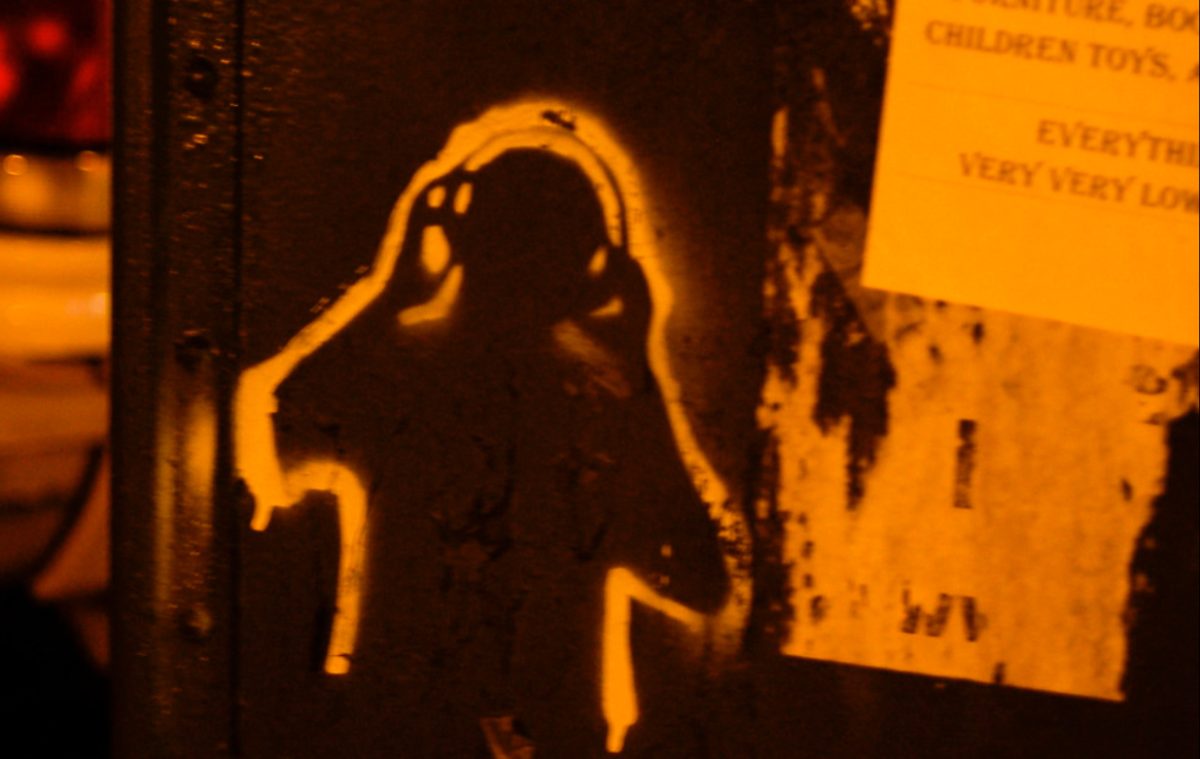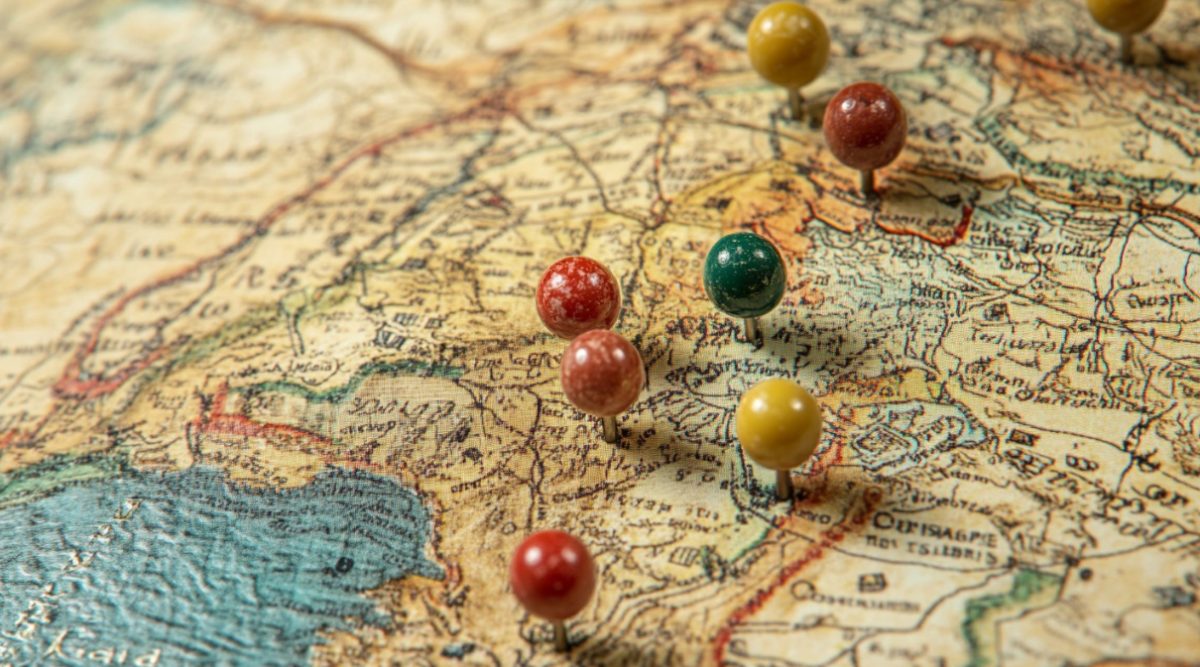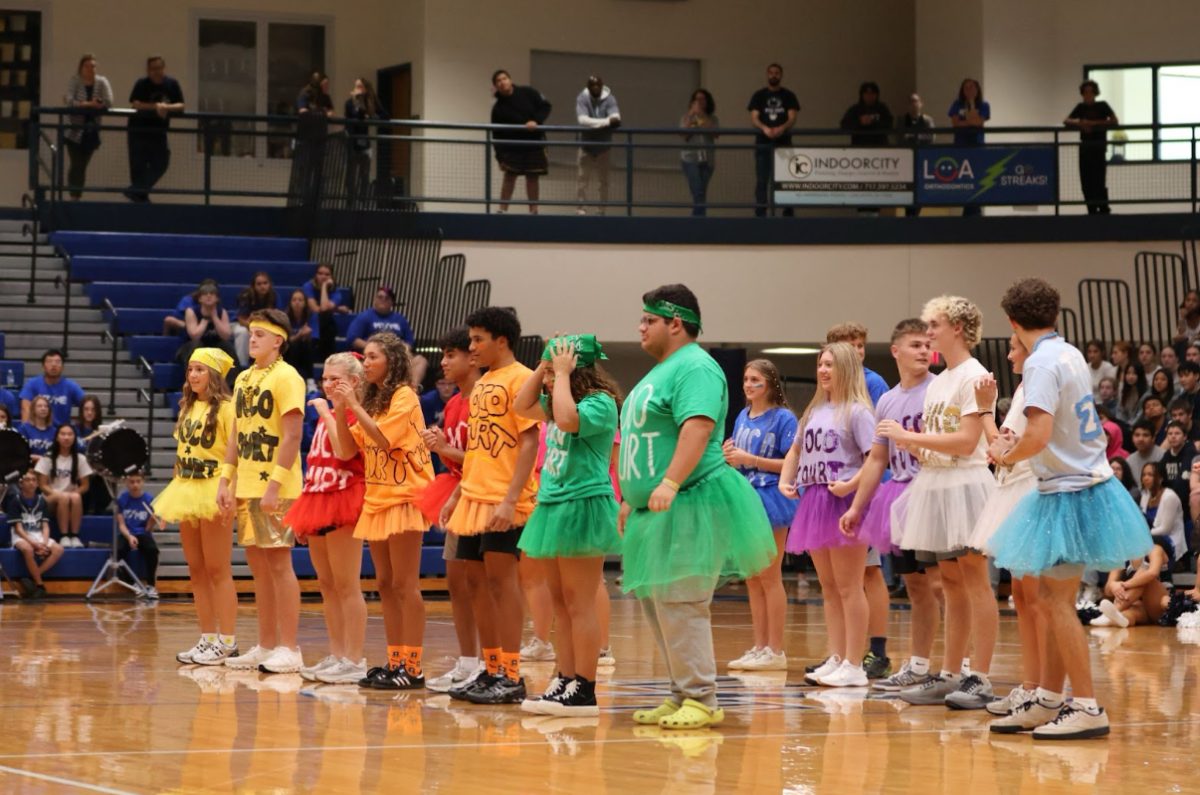2017 was seven years ago. Crazy, right? The new year often brings reflection on tangible ideas like goals, relationships or challenges. This year, however, I thought about an idea so valuable and abstract that, once it’s gone, you can never get it back: time.
In my mind, 2017 still feels like it was three years ago, as if the years between 2020 and 2024 never happened. I’m not alone in feeling as though time has flown by without us noticing, and people on TikTok have even begun to call it the 2020 Effect.
The 2020 Effect is a theory that stems from the global COVID-19 pandemic. Because of the COVID-19 outbreak, we all lived through a lockdown in isolation for an extended period of time, causing us to perceive time as much slower than it actually is.
The theory seems to apply most when I think about what grade I’m in. I’m already a junior, but because I feel like no time has passed since 2020, it doesn’t make sense that 2025, the year I’ll be graduating, is right around the corner. Everyone tells you that high school goes by quickly, but you really don’t believe it until you experience it. Because of the 2020 Effect, it doesn’t even feel like that much time has passed, yet it also feels like time moved on rapidly, which seems pretty paradoxical.
What makes me feel even crazier is that, while I still feel like it’s 2020, I don’t remember much from the actual lockdown. It’s been two years since the PA mask mandate was lifted, and I honestly don’t remember what it felt like to wear a mask.
To put things in retrospect, the movie “Frozen” came out 11 years ago. It doesn’t feel like it’s been a decade since a childhood favorite movie came out, possibly because the 2020 effect is messing with our perception of time. Ok, so you’re probably thinking about how “Frozen 2” was more recent, right? Well it actually came out in 2019, which doesn’t sound that old, but that was five years ago.
COVID-19 was an extremely unexpected way to start 2020 and it greatly affected society and the economy world wide. Its lingering effects can still be felt, but remembering what it was like during that actual time period is oddly difficult. Our confusion on time progression is arguably one of the most long-lived outcomes to have been produced by the pandemic.
Time is ultimately a man-made construct, but it’s a concept that we seem to have no logical explanation for when it acts in funny ways. I suppose the moral of the story is to cherish the time you have, because soon enough, COVID-19 will be the heading of a chapter in our history textbooks.















